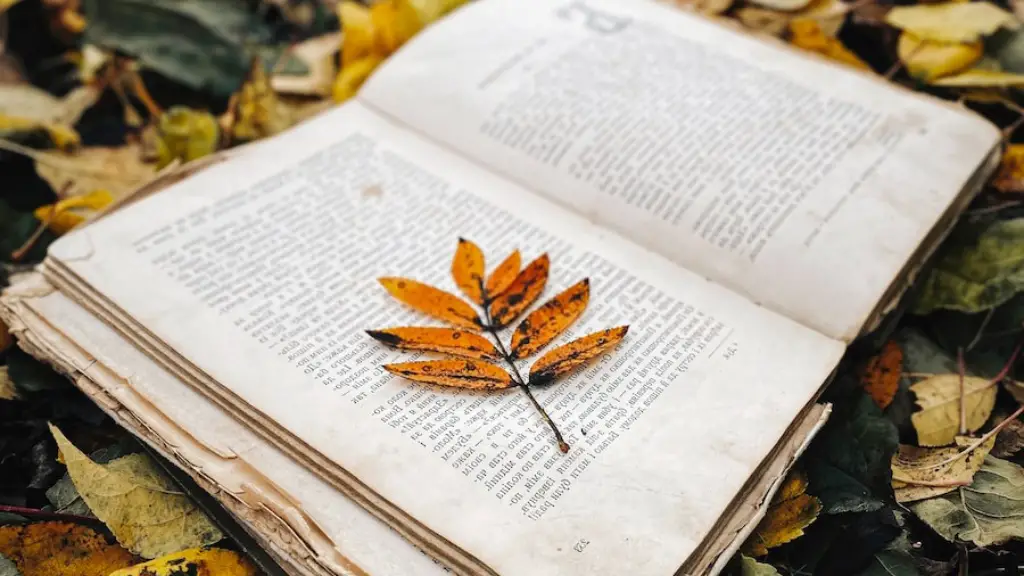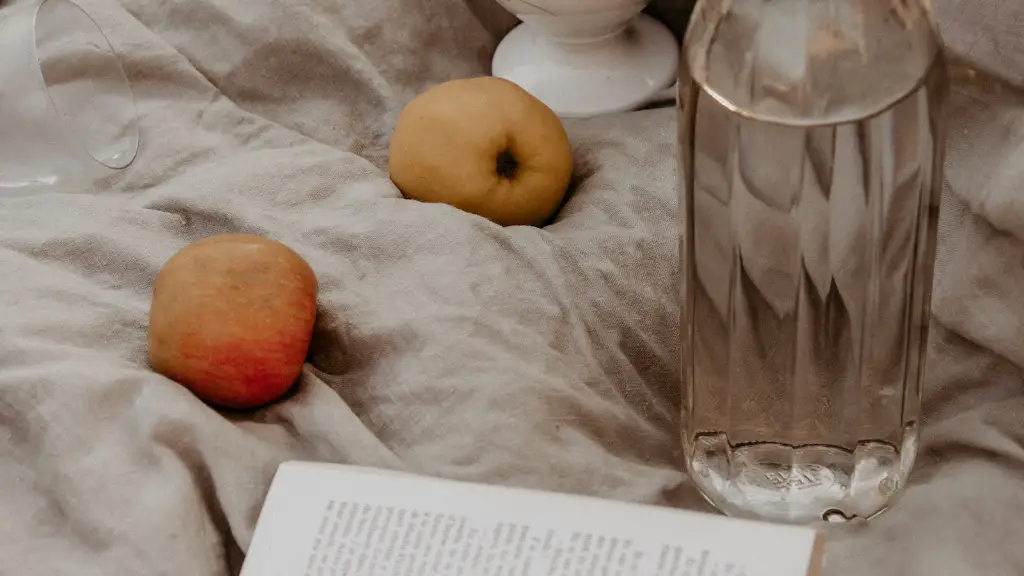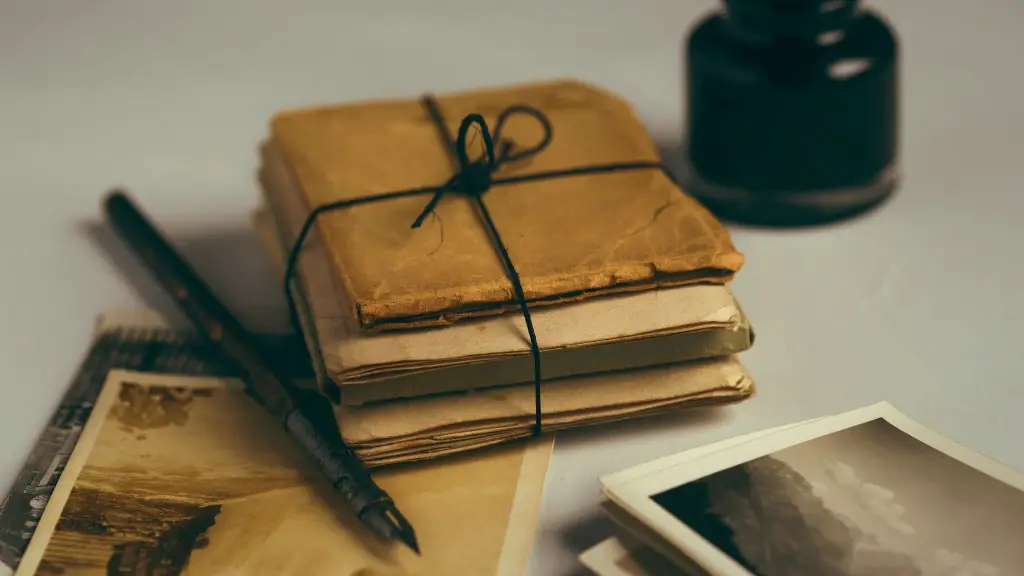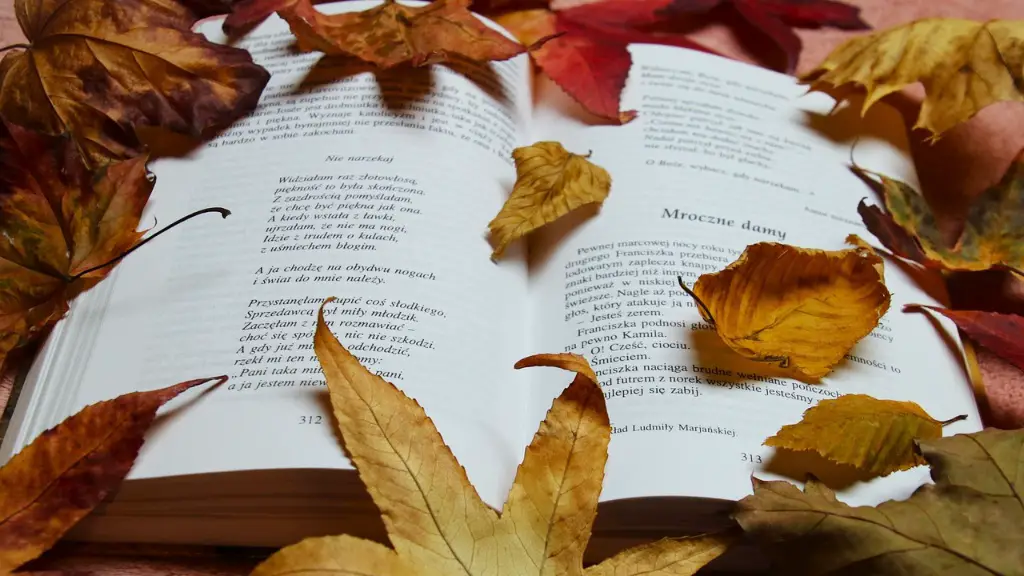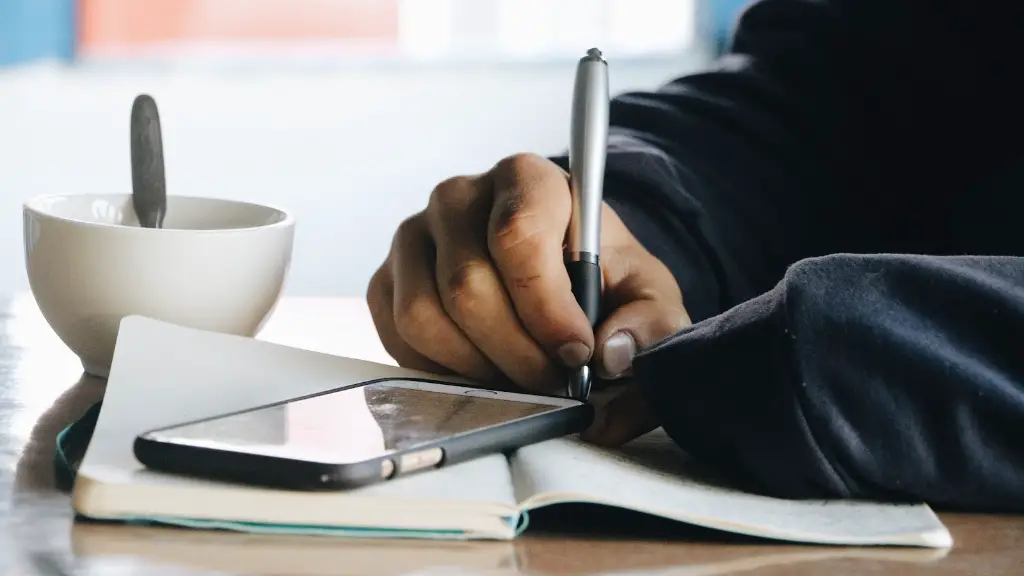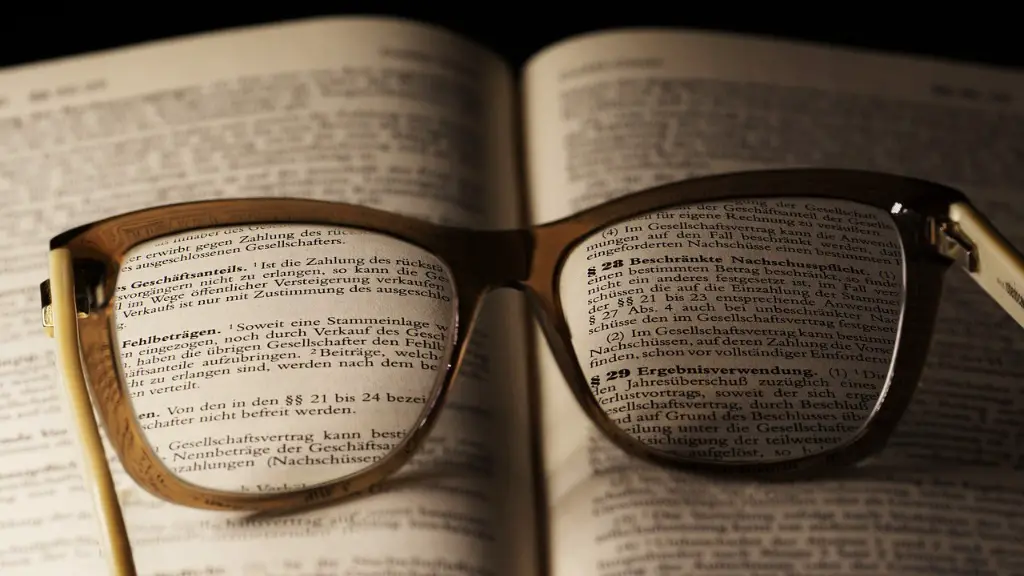When Maya Angelou said “When we know better we do better”, she was speaking to the power that knowledge has to dramatically improve our lives. Ignorance blinds us to opportunities and leaves us dependent on chance. As we turn away from predictable repeating patterns, an understanding of the environment and of our own nature can transform the potential of poor decisions to those offering greater learning and reward.
In its simplest form, learning boosts the ability to make better decisions. Important decisions involve far more than just knowing which facts to consider. We must take on board our own experiences, tap into our inner feeling of what feels right, assess future consequences and make a decision that upholds our own beliefs.
Our views are often strongly anchored in our upbringing, our cultural norms and our community. We can occasionally notice moments where a sudden epiphany allows us to realise that maybe established views are wrong or must be redeveloped. In such moments we experience the power of Maya Angelou’s wisdom.
Understanding can also come from shifting our focus from the immediate present to a far reaching future. Consistent education in our youth can provide valuable strategies for tackling difficult decisions as life progresses. We can identify patterns of bias in our judgement and in the decisions of others. With this knowledge, we can gain the courage to bravely face life changes.
The power of structured teaching can tilt our viewpoint from outdated and limited perspectives. As we seek out new ideas from different sources, our personal growth can expand beyond our beliefs, understanding and decisions. We can set our goals for the future, based on a realistic and positive understanding of our own resources and abilities.
The quality of our lives is often linked to our self-awareness, which brings with it a better capacity to make more meaningful decisions. We develop the tools to consider not only our own needs but those of others. A broader knowledge base respects the value of diversity. We can open our minds to the many paths available to us and assess how to best apply our understanding to become more fulfilled.
The Impact of Taking Responsibility
In striving to know more and to do better, we must take ownership and also recognise our mistakes. There is a powerful reminder in Angelou’s words for us to be accountable for our decisions and to assess the implications and potential of our chosen paths.
By taking responsibility for our choices, we have to identify the potential consequences from multiple angles. We make mistakes and misjudge, but with an acceptance of this, we learn our lesson through gaining experience and wisdom.
Too often we blame others for our own misfortunes, but the accuracy of our decisions rests firmly with us. We must take decisive action and determine our own fate, challenged by the notion of how knowledge can be used to ultimately to our benefit.
As we progress in our lives, a larger knowledge base can show us the importance of tolerance and appreciation of our own humility. We find the courage to make decisions and act differently to our peers, colleagues and family members.
We understand our own strengths and limitations, as well as opportunities we may overlook if we remain in our comfort zone. Through facing up to our decisions and making forthright ones, we become confident in our own knowledge and able build what we know into our future.
Applying Learning in Life
We know from life experience that failing repeatedly leads to failure in the future, but success can become as habit if consistently applied. Our confidence and understanding grows when positive outcomes result from carefully planned strategies. We can apply our knowledge to reach new heights and establish a sound track record of success.
Our lives can be changed as we boldly move into taking action following careful planning. Courage can push us through boundaries of our own making. With knowledge, we can challenge ourselves to become more resilient, disciplined and artistic.
We can have faith that our challenges will bring forth potential successes. Confidence in our learning inspires brave acts, even when we face fears and temptations. We can challenge ourselves to create the best version of ourselves and use knowledge to work together with others.
In taking action, we may make mistakes and learn our lesson, but in the realization of Applying Learning in Life, comes understanding. Internalizing Maya Angelou’s words serves as a reminder that knowledge can not only change our life but lift us up to reach our full potential.
Ensuring Continued Learning
Knowledge is not static; it evolves. Ways of knowing are often personal and creative, and to become a whole learner we must be unrestricted. With a focus on building and expanding our knowledge, we gain the tools to question and challenge authority while also creating a desire to learn more.
We need to remain inspired and motivated to learn; to provide evidence of any new findings; and to provide demonstrations of our understanding. An ongoing commitment gives us the endurance to continue on our path even after the initial excitement disappears, and encourages reflection and comparison with the learning of others.
Promoting positive attitudes towards learning is necessary to ensure a fascination with exploring knowledge. Our environment and our interactions have a significant influence in sustaining enthusiasm. group activities such as role playing, and simulations, competitions, presentations, as well as giving and receiving feedback provide opportunities to apply our knowledge to concrete experiences.
Knowledge discovery can be enhanced when we look for the answers that are not immediately apparent in our surroundings and ask questions about why something is the way it is. Searching for solutions and furthering our understanding can provide us with insights, allowing us to explore new parts of life.
Seeking True Learning Experiences
Learning isn’t purely based on facts and figures; we need to step outside the boundaries of the books and delve into the unknown. Exploring and opening up to possibilities makes way for more opportunities to experience true learning.
We can add meaning to our lives by taking into consideration that learning is not only knowledge-based, but also experience-based. We can attempt the difficult or unknown, experiment, express our ideas and beliefs, and ultimately, find new ways to apply our thinking through interaction with our environment.
Stepping away from our comfort zone tests us and creates room for uncovering potential. Through guidance of our intuitions and by pushing ourselves to bravely try something new, we can uncover our capacity to broaden our knowledge beyond what we have already learned.
Recently acquired or ancient knowledge can be used to increase our insight, understand the world around us, and give us the skills to become a benefiting influence to the lives of others. We can develop and utilize this knowledge by taking into consideration that when we know better, we can do better.
